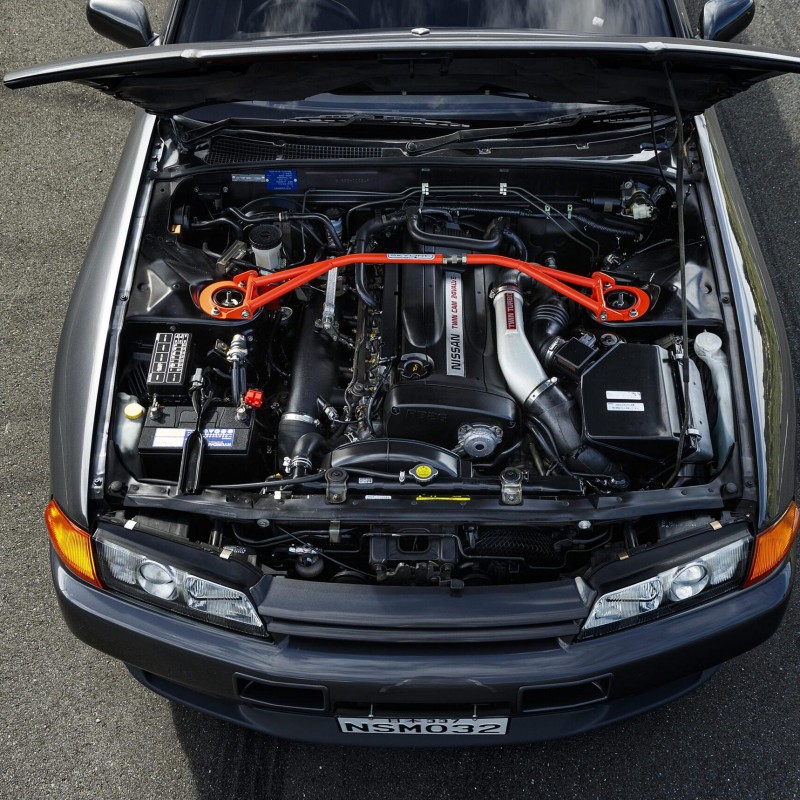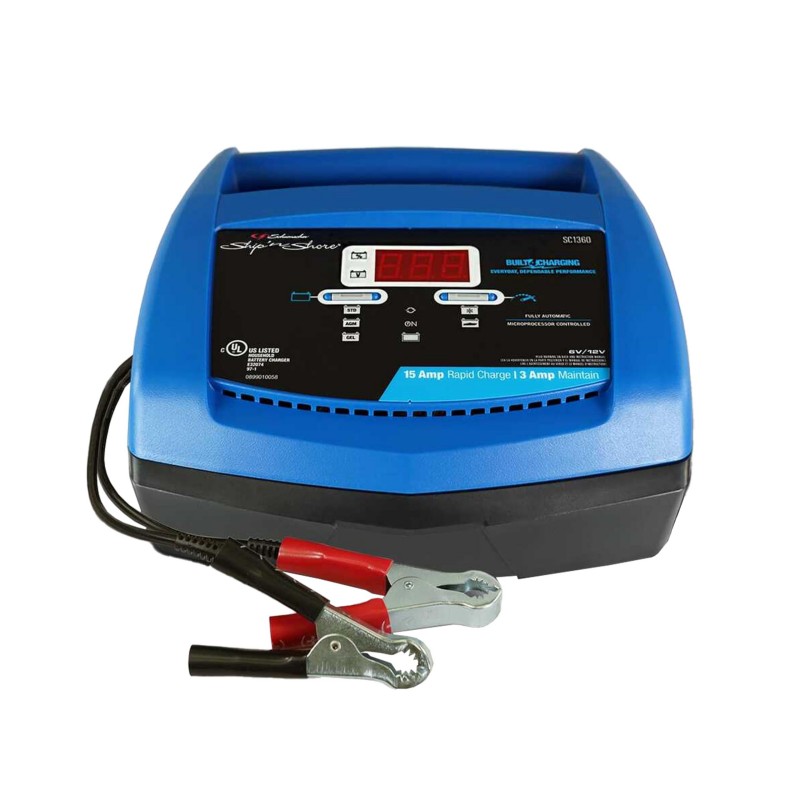When it comes to vehicle maintenance, one of the most alarming issues a driver can face is discovering that their engine may be blown. The engine is the heart of any vehicle, and if it fails, it can lead to significant repair costs or even the need for a full engine replacement. Understanding how to know if the engine is blown can save drivers from unexpected breakdowns and costly repairs. A blown engine often manifests through various symptoms, which can range from unusual noises to leaking fluids. Recognizing these warning signs early can allow you to take appropriate action, whether it’s diagnosing the issue with a professional mechanic or making the decision to repair or replace the engine. In this comprehensive article, we will explore what it means for an engine to be “blown,” the common symptoms to look for, diagnostic procedures, potential causes for engine failure, and steps you can take to either address the problem or prevent it from occurring in the first place.

Understanding Engine Failure
Before diving into how to know if the engine is blown, it’s essential to understand what engine failure means and the different aspects related to it.
What Is a Blown Engine?
A blown engine refers to a situation where the engine is severely damaged or has completely failed to operate due to various reasons.
- Complete Failure: This can occur due to a significant mechanical failure, such as a blown head gasket, cracked cylinder head, or seized internals, rendering the engine inoperable.
- Partial Failure: In some cases, an engine may exhibit symptoms of damage leading to poor performance, such as loss of power, and overheating, but it may still function intermittently.
Signs of Potential Engine Problems
Detecting early signs of trouble can help identify if you’re dealing with significant engine issues. Routine maintenance checks and responsiveness to unusual changes can play a critical role in prevention.
- Unusual Sounds: Listen for knocking, knocking, or grinding noises while the engine is running. These could indicate internal damage.
- Warning Lights: Pay attention to warning lights on the dashboard, particularly oil pressure and temperature gauges, as these can indicate potential problems.
- Poor Performance: Any noticeable loss of power, difficulty starting, or unusual acceleration during driving might suggest an impending engine failure.
Understanding these early indicators is critical in determining whether your engine is headed toward a serious failure, and it can prompt timely maintenance or service checks.
Common Symptoms of a Blown Engine
If you suspect that your engine may be blown, knowing the common symptoms can provide critical insight into the severity of the issue.
Fluid Leaks
Leakage of fluids is one of the most frequent indicators of engine trouble.
- Oil Leaks: Engine oil leaks under the vehicle could signify issues such as a blown head gasket or a damaged oil pan.
- Coolant Leaks: If coolant is leaking, this could lead to overheating and indicates potential damage to the engine block or cylinder head.
Excessive Smoke
Smoke issues can provide immediate clues to the engine’s condition.
- White Smoke: Seen on startup, this can indicate a blown gasket or coolant entering the engine.
- Blue Smoke: If you see blue smoke exiting the exhaust, it usually signifies that the engine is burning oil, which could be a sign of internal wear or damage.
- Black Smoke: This indicates fuel is not combusting properly, which may suggest that the engine is running too rich, leading to additional issues.

Overheating
Frequent overheating can be a serious indicator that your engine is in trouble.
- Causes of Overheating: Causes may include coolant leaks, water pump failure, or even a blown head gasket that prevents proper cooling.
- Consequences of Overheating: Continuous overheating can cause extensive internal damage, leading to a blown engine situation.
Poor Performance
Engine performance can also provide essential clues.
- Loss of Power: A blown engine may suffer from a significant power loss or acceleration issues due to mechanical failure or internal damage.
- Rough Idle: If the engine is idling roughly or misfiring, this may indicate significant internal issues that could lead to engine failure.
Warning Lights and Alerts
Today’s vehicles come equipped with various sensors that trigger warning lights when issues arise.
- Check Engine Light: If the check engine light illuminates, this can indicate various problems, ranging from minor to severe. Ignoring this light can lead to escalating issues.
- Temperature and Oil Pressure Alerts: Take these alerts seriously, as they signify essential engine parameters needing immediate attention.
Unusual Noises
Sounds your vehicle makes can be a clear indicator of engine problems.
- Knocking or Pinging: These noises may indicate issues with the fuel mixture or internal damage, such as rod knock, especially if they happen when accelerating.
- Rattling Sounds: If you hear rattling sounds, particularly during acceleration, this could also indicate potential engine failure.
Diagnosing a Blown Engine
If you suspect your engine is blown, diagnostic procedures can help pinpoint the issue.
Visual Inspection
Start with a thorough visual inspection to identify any obvious signs of trouble.
- Fluid Levels: Check your oil and coolant levels to ensure they are within normal ranges and not exhibiting signs of contamination.
- Look for Leaks: Inspect the ground where you regularly park your vehicle for any signs of fluid pooling.
Listening and Observing
Utilize sight and sound to determine potential issues.
- Listen for Unusual Noises: Pay attention to any knocking, popping, or grinding sounds during operation indicative of engine problems.
- Monitor Performance: While driving, notice if the vehicle struggles with acceleration or exhibits rough idling.
Running Diagnostic Tests
Using modern tools can reveal detailed information about engine conditions.
- OBD-II Scanner: Connect an OBD-II scanner to the vehicle’s diagnostic port to retrieve any fault codes. These codes can be invaluable in identifying the issue.
- Compression Test: A compression test measures the pressure within the cylinder and can indicate whether there’s damage or wear in the pistons, rings, or valves.
Professional Assessment
If the warnings suggest serious problems, seek professional assessment.
- Engine Evaluation: A technician can perform more sophisticated tests, including leak-down tests, to determine the specific cause of failure.
- Cost Analysis: They can also help analyze the potential costs for repairs versus the value of the vehicle itself.
Common Causes of Engine Failure
Understanding the causes of engine failure can help in prevention and maintenance strategies.
Lack of Maintenance
One of the most common reasons for engine failure is neglecting regular maintenance.
- Oil Changes: Failing to change the oil or using incorrect oil types can cause increased friction and heat leading to fatal damage.
- Filter Changes: Ignoring air and fuel filter replacements can lead to insufficient flow, affecting performance and possibly leading to failure.
Overheating
Consistent overheating due to various reasons can severely damage an engine.
- Coolant Issues: Low coolant levels or leaks can lead to overheated engines, signaling a significant risk of failure.
- Thermostat Failure: A malfunctioning thermostat can prevent proper coolant regulation, causing overheating.
Mechanical Failures
Mechanical failures encompass various issues that lead to impaired engine function.
- Timing Belt Failure: A broken timing belt can lead to severe catastrophic failure, especially in interference engines.
- Bad Head Gasket: A blown head gasket can cause coolant leaks or oil contamination, leading to further engine damage.
Contamination
Contaminated oil or fuel can have severe negative effects on engine health.
- Dirt and Particles: Dirt entering the oil system can lead to engine wear and inefficiency, possibly leading to failure.
- Water in Oil: Water contamination can drastically affect oil quality, resulting in significant internal damage.
Fuel Issues
Problems with fuel delivery or mixture can lead to engine failure.
- Fuel Quality: Using poor-quality fuel can lead to deposit buildup and engine knocking, increasing the likelihood of failure.
- Fuel Pump Issues: A failing fuel pump can lead to inadequate fuel delivery, leading to performance problems that can escalate.
Preventive Measures to Avoid Engine Failure
Taking proactive steps can help prevent engine failure and prolong the life of your vehicle.
Routine Maintenance
Following a strict maintenance schedule can help keep your engine in excellent condition.
- Regular Oil Changes: Change your vehicle’s oil according to the manufacturer’s recommendations, ensuring the use of quality oil and filters.
- Monitor Fluid Levels: Regularly check and maintain coolant and other essential fluid levels.
Driving Habits
Practicing good driving habits can contribute to the overall health of your vehicle.
- Avoiding Frequent Short Trips: Frequent short trips may not allow the engine to reach optimal operating temperatures, leading to potential issues over time.
- Smooth Driving: Avoid aggressive driving styles, sudden acceleration, and hard braking to prevent undue stress on the engine.
Monitoring Dashboard Indicators
Pay attention to dashboard indicators and warning lights.
- Responding to Warning Signs: If a warning indicator lights up on your dashboard, address it immediately to mitigate potential damages.
Keeping a Maintenance Log
Documenting maintenance activities aids in diagnosing potential issues early.
- Record Keeping: Keep a log of all maintenance activities, including repairs, oil changes, and parts replacements, to help anticipate future needs.

Conclusion
In conclusion, knowing how to identify when an engine is blown is essential for all vehicle owners. By recognizing common symptoms such as unusual noises, fluid leaks, and warning lights, you can take proactive measures to diagnose potential issues before they escalate into serious problems. Proper maintenance, including regular checks and timely servicing, can extend the life of your engine and enhance overall vehicle performance.
If you suspect your engine is facing challenges, initiating diagnostic procedures and seeking professional help can pinpoint the issue and determine the best course of action. Remember, investment in routine upkeep pays dividends in the long run, allowing you to enjoy the benefits of a reliable and efficient vehicle. Understanding your engine’s health ultimately empowers you, leading to safer and more enjoyable journeys on the road.
Wishing you a joyful and warm Christmas filled with love, laughter, and endless blessings! May every day shine as brightly as the holiday itself!


